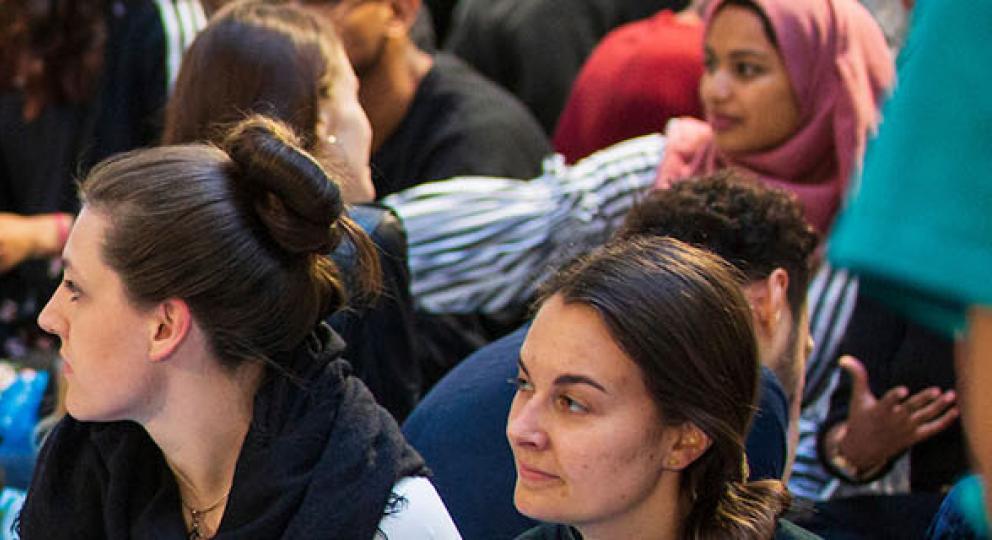Protocol 1, Article 3 requires the government to support your right to free expression
Protocol 1, Article 3 of the Human Rights Act requires the government to support your right to free expression by holding free elections at reasonable intervals. These elections must enable you to vote in secret.
Are there any restrictions to this right?
The right to free elections is absolute. This means it must never be restricted in any way.
However, the government can put some limits on the way elections are held. It can also decide what kind of electoral system to have – such as ‘first past the post’, as in UK general elections, or proportional representation.
Prisoners serving a custodial sentence in the UK do not have the right to vote. The European Court of Human Rights has ruled that a blanket ban on all serving prisoners is not compatible with Article 3 of Protocol 1, but that countries should have wide discretion on this matter and that prisoners denied the vote are not entitled to compensation.
These judgments do not directly affect UK law: Parliament would still have to decide whether and how to change the legislation on prisoner voting. A draft Bill was published in 2012 which gave three options: a ban for prisoners sentenced to four years or more; a ban for prisoners sentenced to more than six months; and continuation of the blanket ban. However, Parliament has not voted on the draft Bill and the Government has not announced any other plans to change the legislation covering the ban.
What the law says
This text is taken directly from the Human Rights Act.
Protocol 1, Article 3: Right to free elections
The High Contracting Parties undertake to hold free elections at reasonable intervals by secret ballot, under conditions which will ensure the free expression of the opinion of the people in the choice of the legislature.
Last updated: 03 Jun 2021




